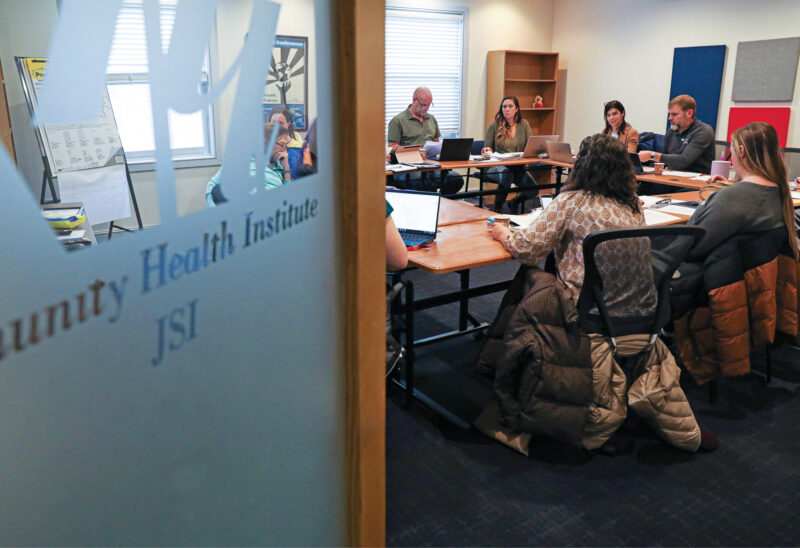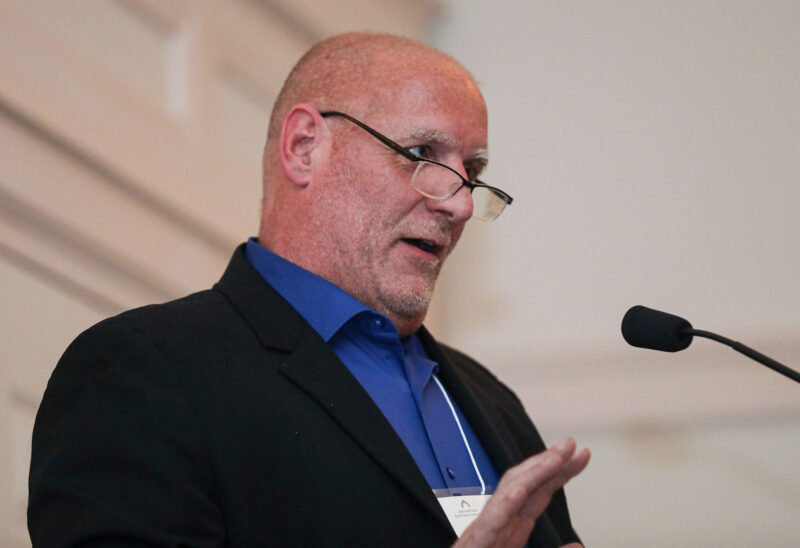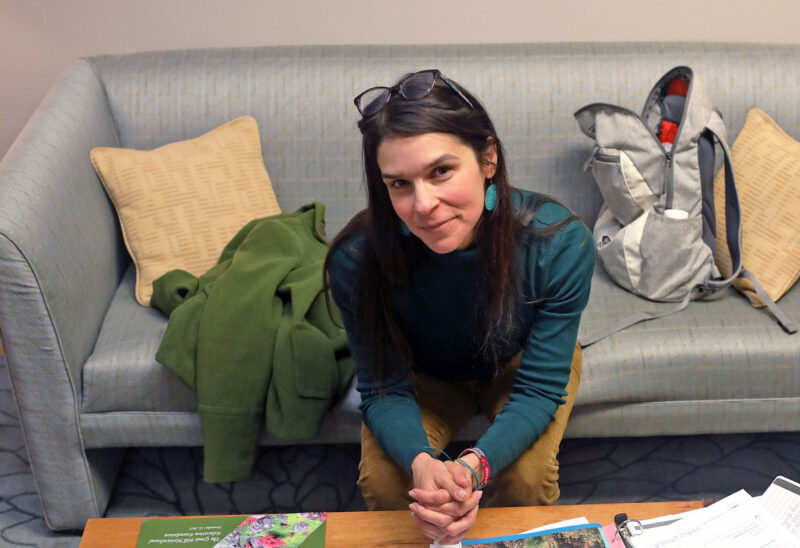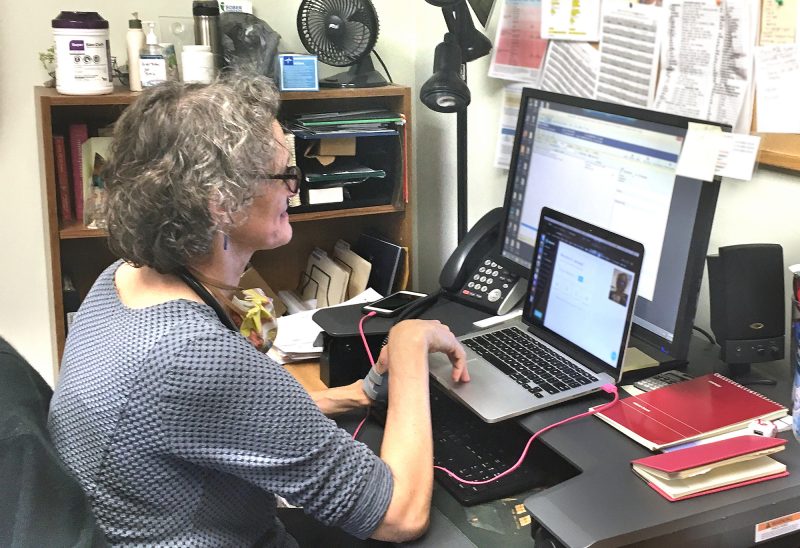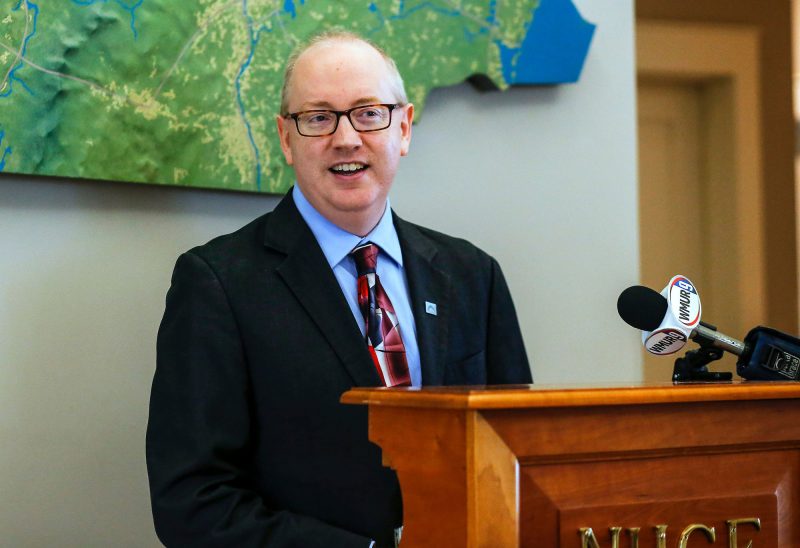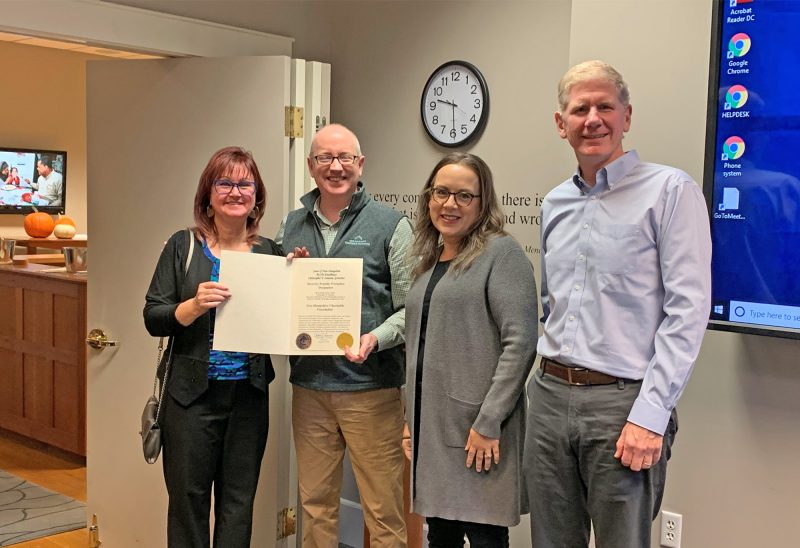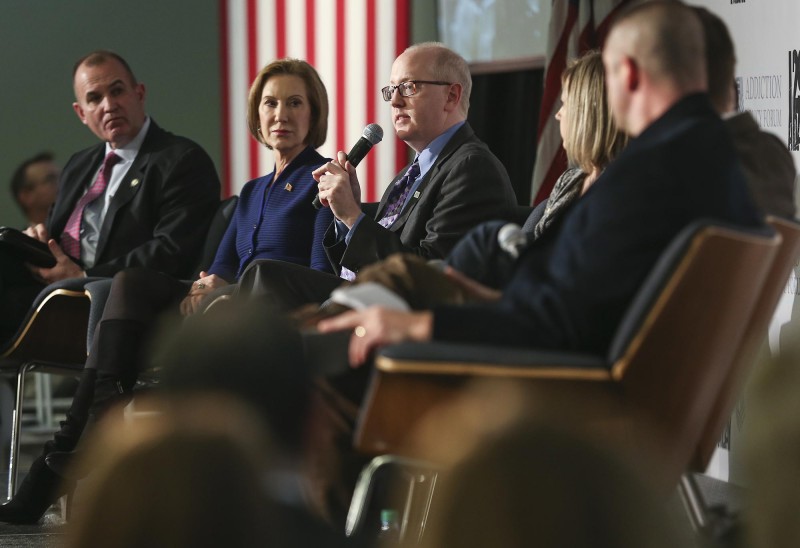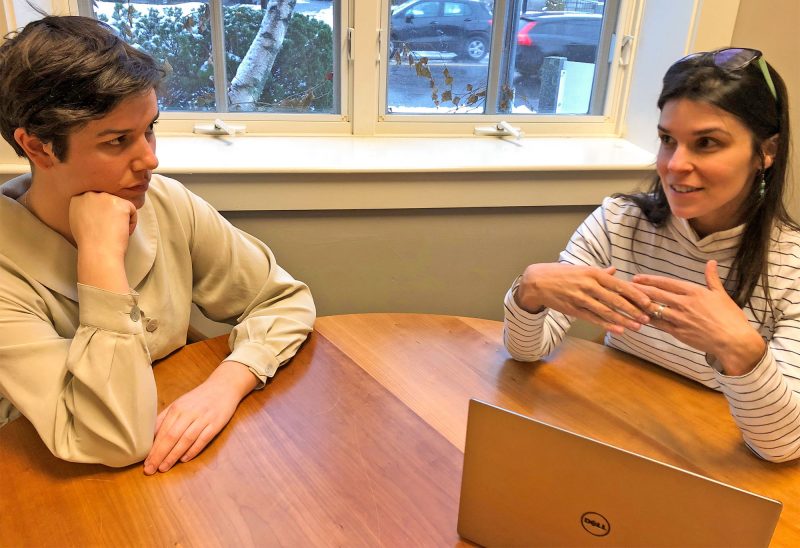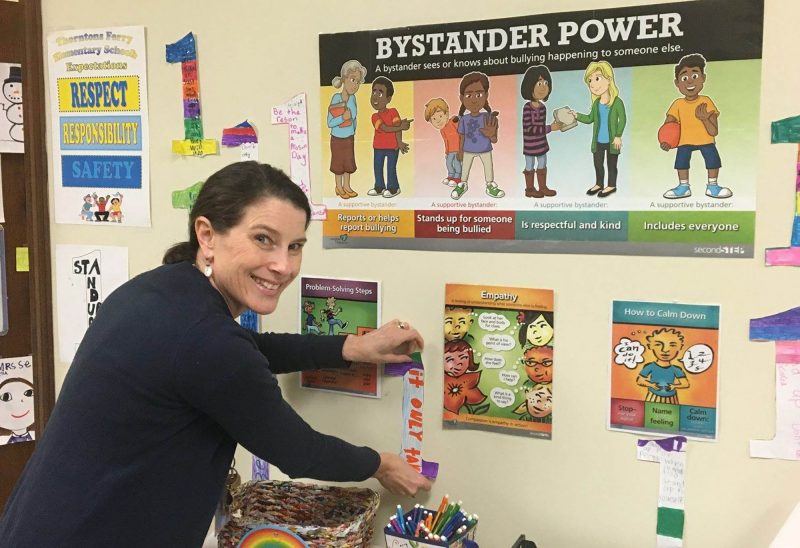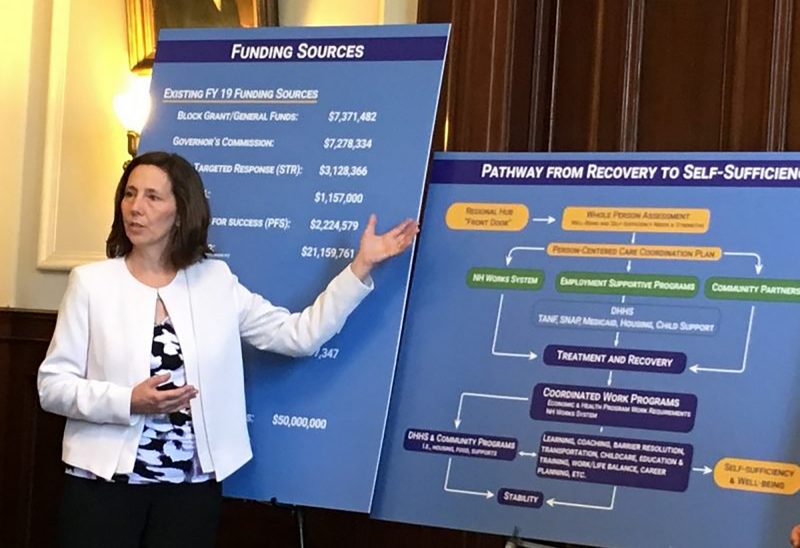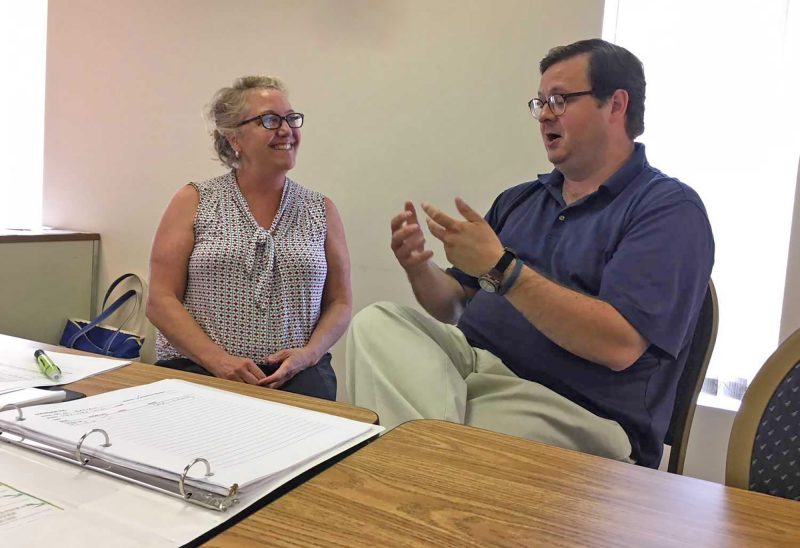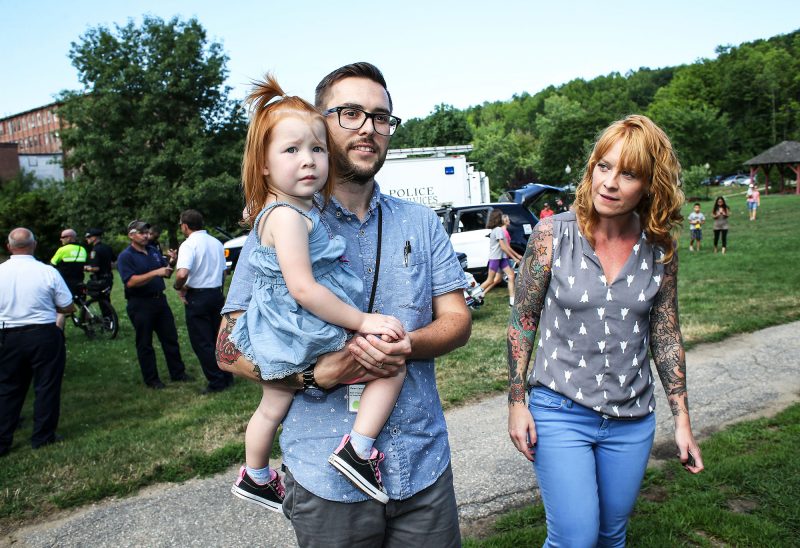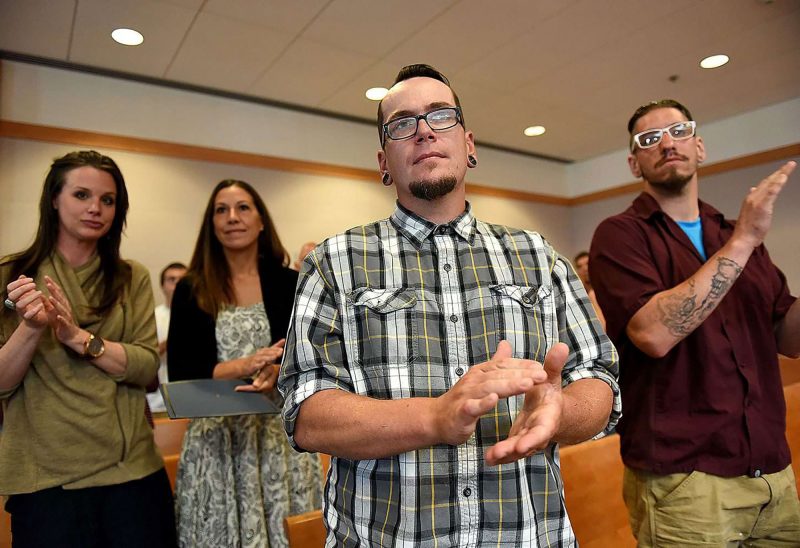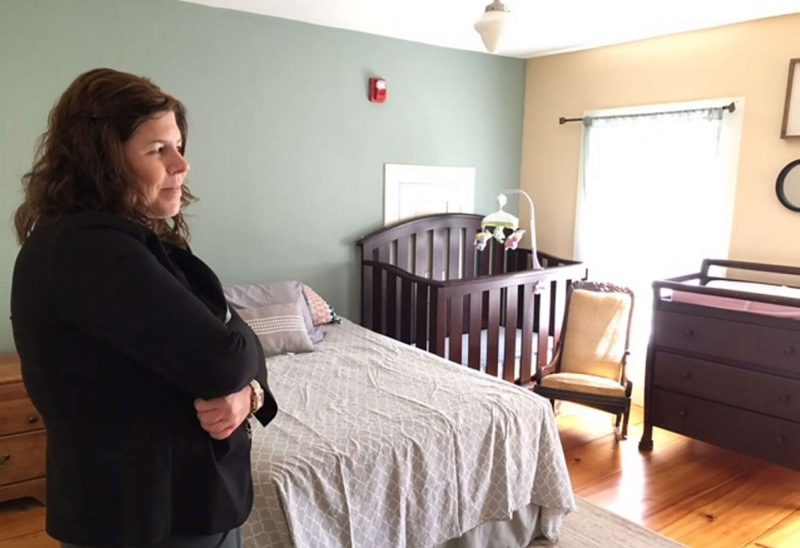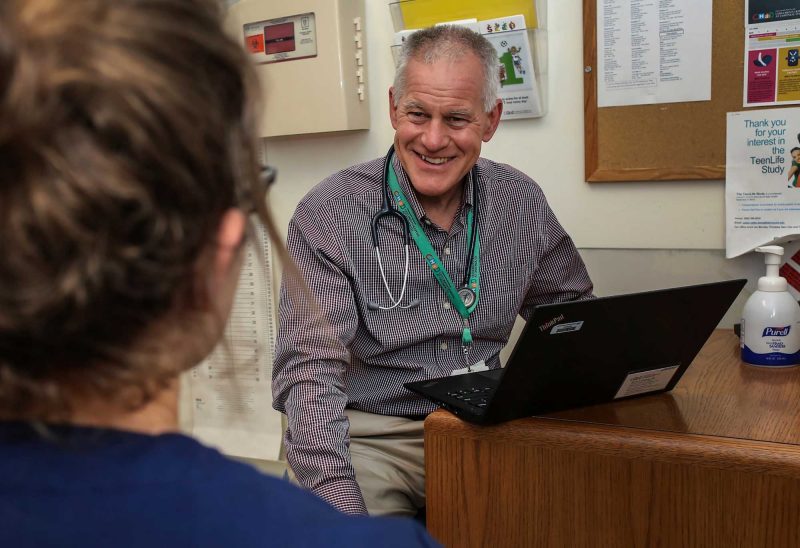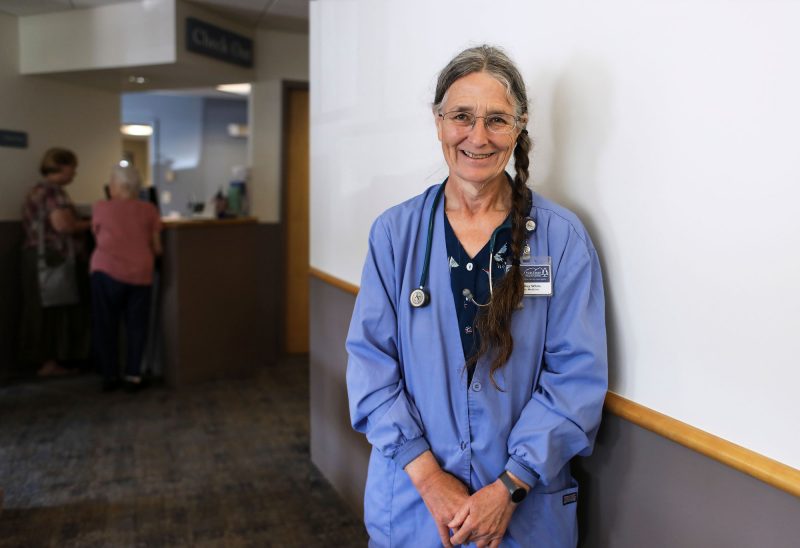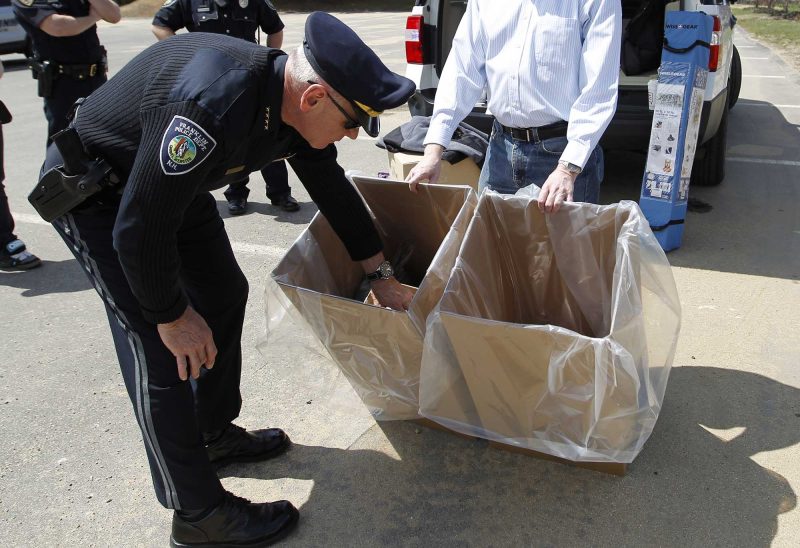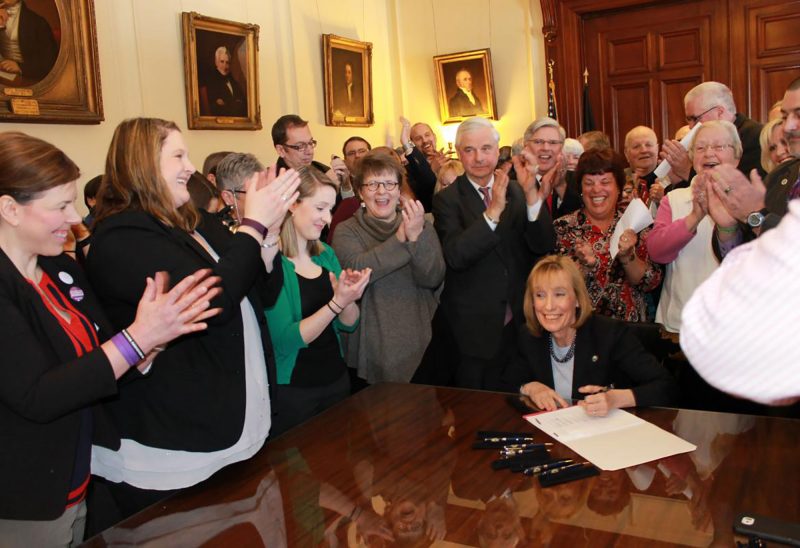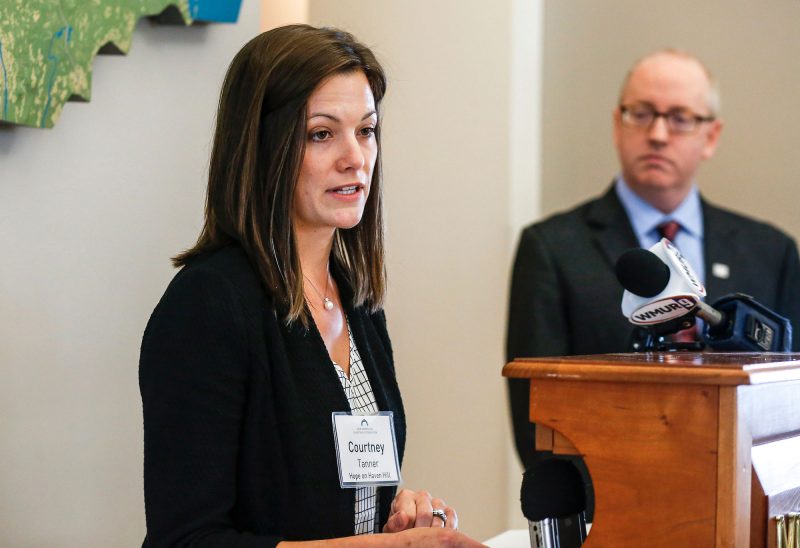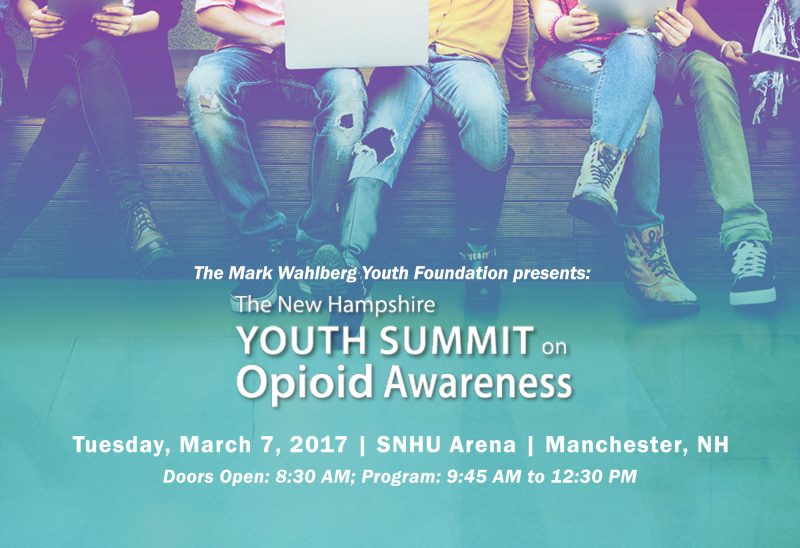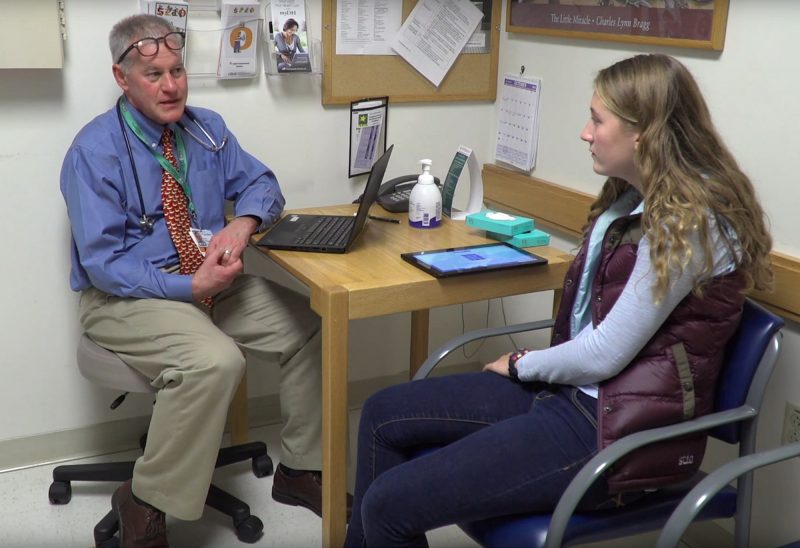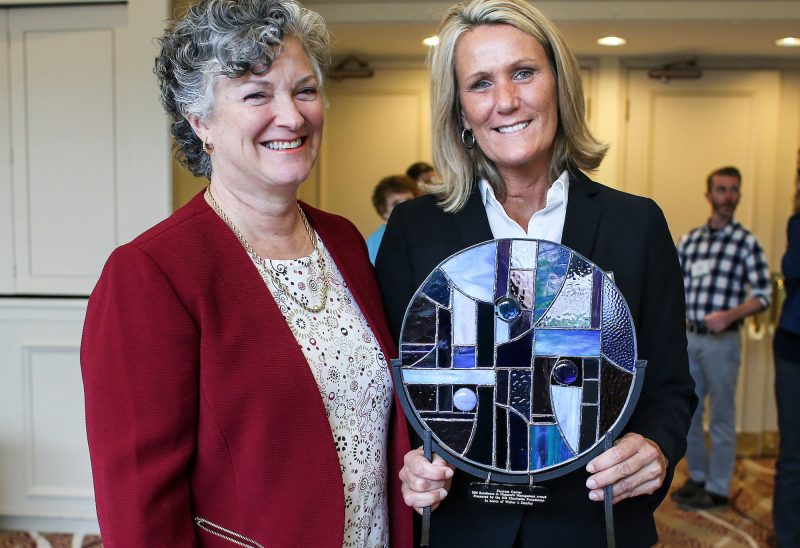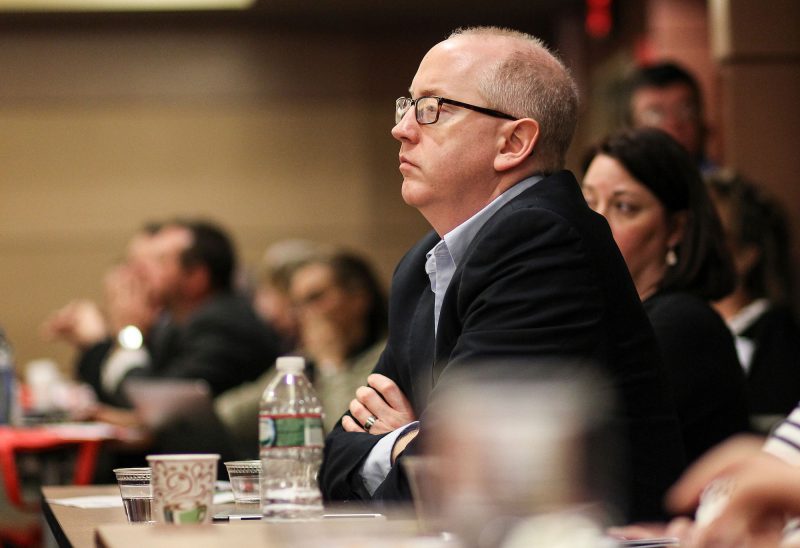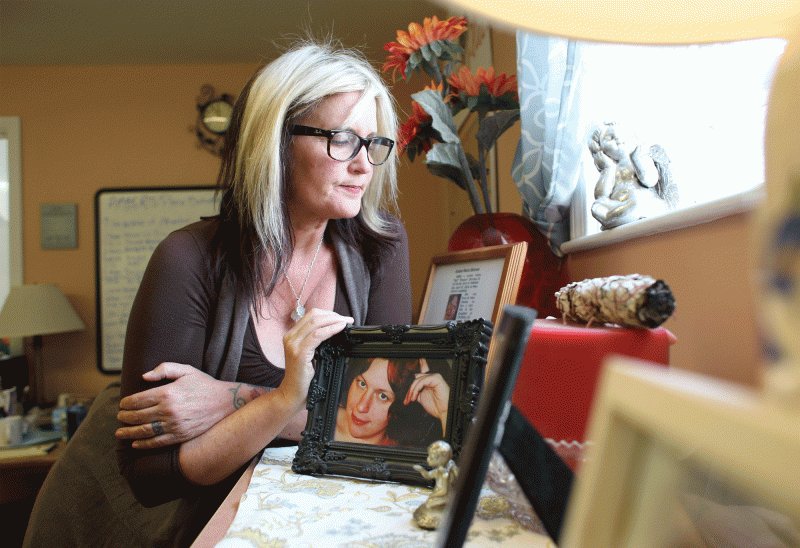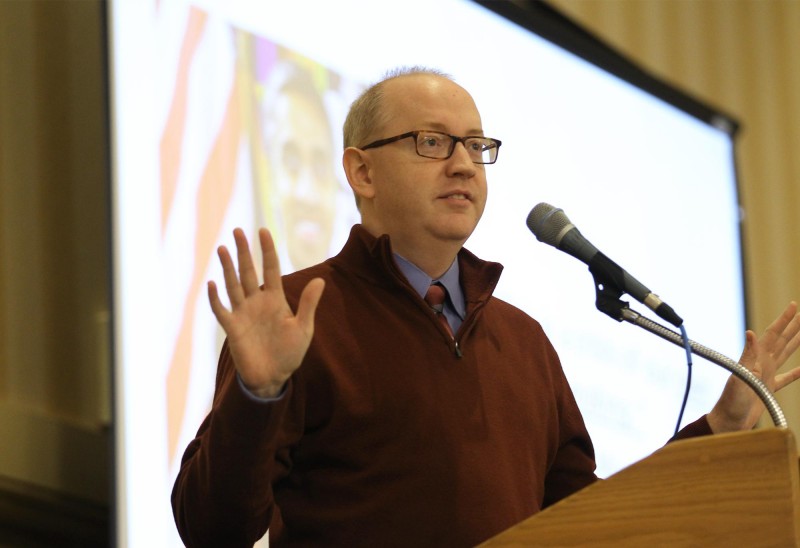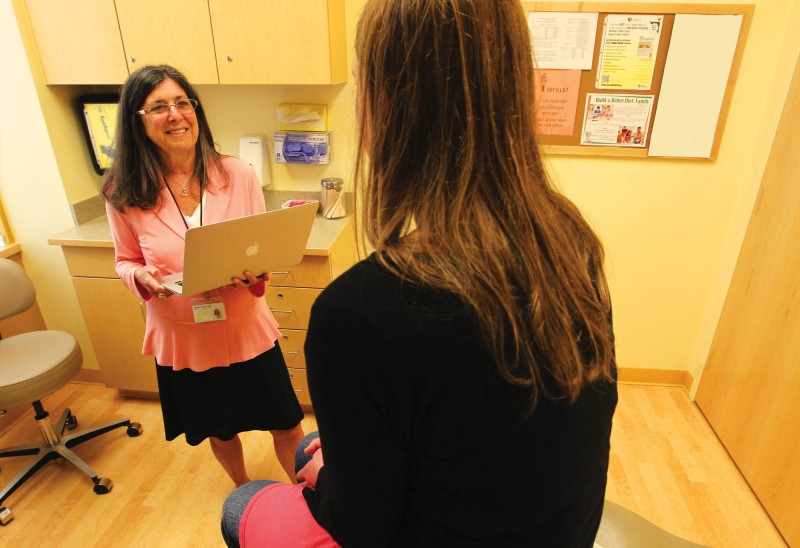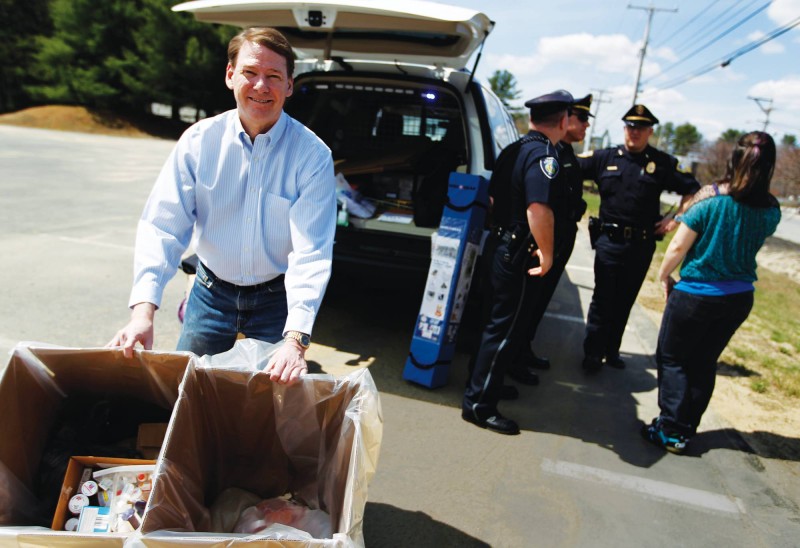Substance Use Disorders/Behavioral Health Portfolio
Improving health and well-being
An integrated response to mental health and substance use disorders is key to promoting health and well-being — and to saving lives.
The solutions for preventing and treating problematic substance use are multi-layered.
There is both great urgency — and great hope — in working toward those solutions.
Substance use disorders are a public health issue touching every community.
The Charitable Foundation has been investing in prevention, treatment and recovery efforts and infrastructure for nearly three decades.
Addiction is a complex issue, but New Hampshire is making progress — thanks, in large part, to the collaborative efforts of nonprofit organizations and state and community partners.
New Hampshire reduced the number of lives lost to drug overdose by more than 11 percent between 2018 and 2021 — even as those trends worsened elsewhere. Despite challenges exacerbated by the global pandemic, New Hampshire has:
- Increased access to substance use disorder programs, peer recovery support, and recovery housing;
- Seen downward trends in binge drinking and use of illicit drugs among high school-aged people; and
- Significantly increased public funding for prevention, harm reduction, treatment, and recovery.
However, a recent increase in overdose deaths — tied most significantly to fentanyl — is cause for serious concern.
And we are seeing a crisis in mental health that threatens people of all ages — and that is inextricably linked with heightened risk for developing a substance use disorder.
These are complex problems.
Through our Substance Use Disorders/Behavioral Health Portfolio of funds — made possible by the generosity and vision of Foundation donors — we’re working on proven solutions.
The Foundation is working with a comprehensive network of partners to help support the delivery of effective, collaborative and coordinated services. We fund a whole-systems approach, which focuses on improvements and accountability in policy, infrastructure, public financing, workforce, and delivery of evidence-informed programs and services. We understand that pervasive inequities — including racism, sexism, poverty and homophobia — increase vulnerability and create barriers to care for too many of us.
The Foundation is committed to improving systems of care — so that everyone in New Hampshire is able to thrive.
What we’re doing
At the core of our approach to helping New Hampshire address these complex issues is an unwavering and strategic focus on systems change. Including:
- Improving policies and practices by supporting New Futures (launched by the Foundation in 1997) and the NH Center for Excellence on Addiction (launched in partnership with the New Hampshire Department of Health and Human Services in 2010), and focusing on advocacy and civic leadership through organizations such as such as NAMI-NH and New Hampshire’s Regional Public Health Networks.
- Reducing stigma by supporting community outreach and education including the Partnership for Drug-Free NH, the Magnify Voices Expressive Art Contest for youth, film screenings of “Anxious Nation” and the Speaking our Minds podcast.
- Increasing access to harm reduction services, including providing operating support to the New Hampshire Harm Reduction Coalition to help launch the state’s first Overdose Prevention Van.
- Advancing children’s behavioral health services by helping public schools access federal funding to address student health and well-being, including through the work of the New Hampshire Medicaid to Schools Resource Center.
- Transforming how care is delivered to birthing parents and babies affected by substance use by supporting the Perinatal Substance Exposure Collaborative.
- Advancing evidence-informed services for children, youth and families, including preventative programs for youth who have lost parents to a substance use or mental health issue.
- Traci Fowler, Foundation initiative leader for behavioral health, serves on the Governor’s Commission on Alcohol and Other Drugs, the Opioid Abatement Commission and the NH Children’s System of Care Advisory Council — and in those roles is working to bring tens of millions of dollars in federal and state resources to New Hampshire to advance health and well-being.
Funding opportunities
Our strategic grants are identified in partnership with key stakeholders and by invitation only. For more information, please contact Traci Fowler, initiative leader for behavioral health, at Genpv.Sbjyre@aups.bet or 603-225-6641 ext. 243; or Lisa Vasquez-Castro, senior community partner for behavioral health, at Yvfn.Infdhrm@aups.bet.

You can help
We are committed to making New Hampshire a community where everyone can thrive.
Working together, we can make a difference. With your help, we can save lives.
We're here to help
To learn more contact:

- Traci Fowler
- Initiative Leader, Behavioral Health
 603-225-6641 ext 243
603-225-6641 ext 243 Email Traci
Email Traci



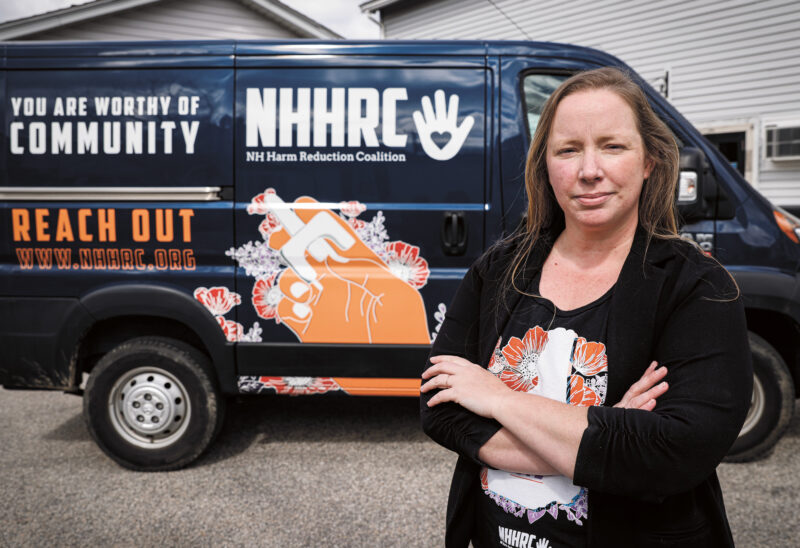

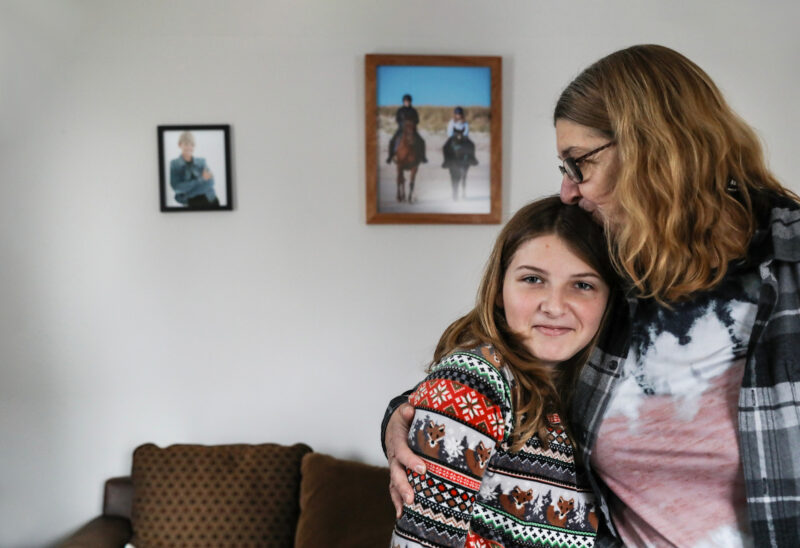

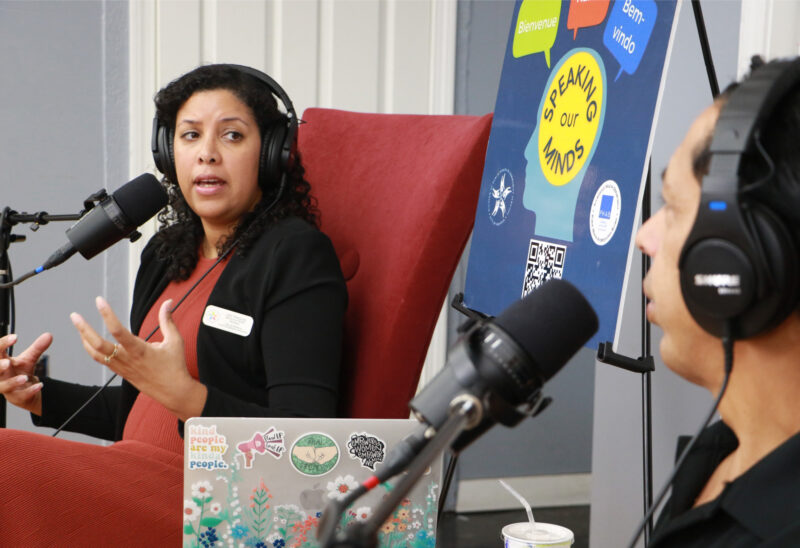
![Charitable Foundation President Dick Ober [Photo by Cheryl Senter]](https://www.nhcf.org/wp-content/uploads/2023/12/dick-ober-purpose-fall-winter-2023-800x548.jpg)
